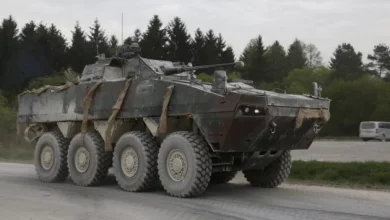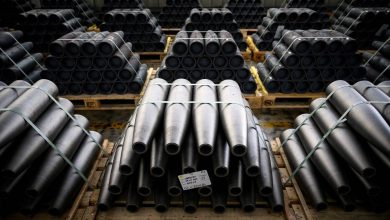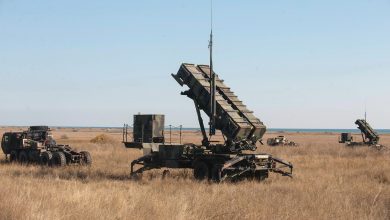Report: Prototype constructed for new Anglo-French cruise missile

MBDA has announced significant advancements in its Future Cruise/Anti-Ship Weapon (FC/ASW) programme, an initiative designed to strengthen Europe’s sovereign deep-strike capabilities.
This multinational effort, led by France and the UK, is focused on developing two distinct missile types: an ultra-low-observable subsonic missile and a supersonic, highly manoeuvrable missile, both tailored to overcome modern air defence systems in high-intensity conflict environments.
In the latest update, MBDA revealed that the FC/ASW programme has successfully reached several key testing milestones, including the production of the first prototype for the ultra-low-observable subsonic missile. This prototype underwent extensive radio-frequency (RF) signature testing at MBDA’s dedicated facility, aiming to confirm its reduced detectability.
According to the company, these tests displayed promising results, reinforcing MBDA’s standing in advanced missile technology. Concurrently, MBDA completed rigorous wind-tunnel trials on the propulsion system of the supersonic variant at its Bourges facility in France, with MBDA officials suggesting that these tests met or exceeded performance expectations.
The FC/ASW project is currently progressing through its assessment and risk-reduction phase, focusing on reducing technical risks and increasing the maturity of critical subsystems and technologies.
Over 750 technical experts from the UK and France are actively working on the program to ensure it meets the aggressive timeline set by launch partners. Italy has also joined the programme in a supporting role, with plans to fully integrate as a tri-national partner in the near future.
MBDA has conducted additional tests on both missile types, including trials of their advanced seekers, warheads, and fuzing systems, as well as extensive aerodynamic assessments. The program aims to deliver a robust deep-strike capability that combines advanced stealth and manoeuvrability with resilience against sophisticated air-defence networks.
The multinational collaboration underpinning the FC/ASW program is a strategic endeavour that aims to safeguard Europe’s defence autonomy. MBDA’s multinational framework allows each partner country to contribute to the program while maintaining control over key technologies, the firm says.
Moving forward, MBDA anticipates further prototype trials and initial manufacturing as the project transitions to its demonstration phase. The inclusion of Italy will be formalised as MBDA enters the next stages, ultimately ensuring that Europe’s leading armed forces have access to this critical new deep-strike capability.





